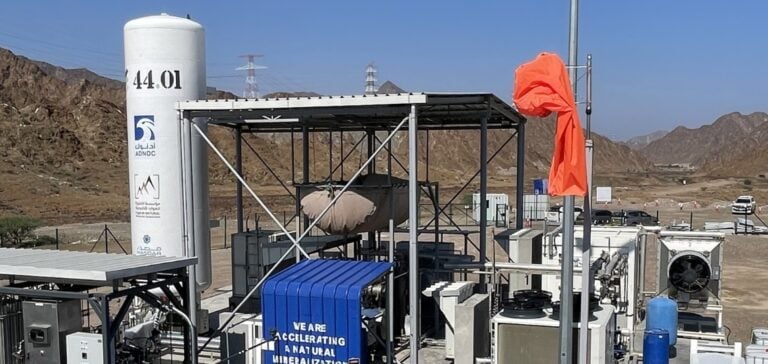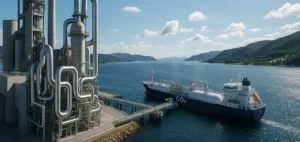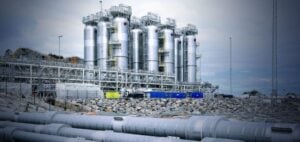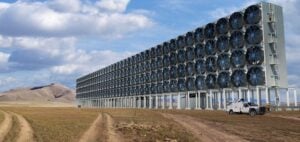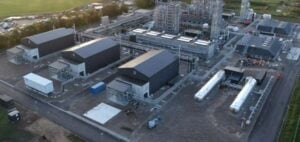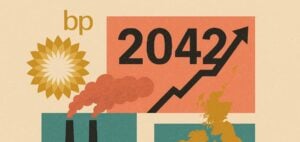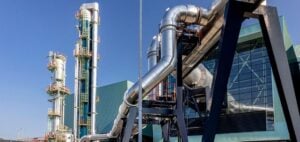The United Arab Emirates, known for its rich oil industry, is now at the heart of a promising initiative to combat global warming. In Fujairah, a recently inaugurated plant, the result of a collaboration between Omani start-up 44.01 and ADNOC, represents a turning point in carbon capture technologies. This innovative project involves extracting carbon dioxide (CO2) from the atmosphere and storing it safely underground.
The Process: From Air to Rock
The plant uses a unique method, developed by 44.01, to capture atmospheric CO2. The process involves dissolving CO2 in seawater, then injecting it into the subsoil, where it mineralizes into stable rock. This ADNOC-funded technique offers an innovative approach to reducing greenhouse gas emissions, which are crucial in the fight against climate change.
Investments and Long-Term Objectives
With ADNOC’s $15 billion investment in decarbonization projects, the United Arab Emirates is demonstrating its commitment to sustainable solutions. In addition, their plan to invest $150 billion to increase hydrocarbon production by 2027 raises questions about the balance between industrial development and environmental sustainability.
Controversial Technologies and Expert Perspectives
Despite innovation, carbon capture and storage (CCS) technologies remain controversial. Experts, including the Intergovernmental Panel on Climate Change (IPCC), believe that these techniques, while useful, are insufficient to fully counter the harmful effects of fossil fuels on the climate. Existing infrastructures, without the use of carbon capture, could push the world beyond the critical limit of 1.5 degrees Celsius warming.
A Step Forward, But Enough
The Fujairah project represents a significant step forward in CCS technology. However, its large-scale effectiveness and cost remain subjects of debate among climate specialists. As climate negotiations continue, the future of such technologies and their role in reducing greenhouse gas emissions will continue to generate lively discussion and critical reflection.
Fujairah’s initiative highlights a potential transition to more sustainable methods of managing carbon emissions. It raises fundamental questions about the effectiveness of carbon capture technologies and their place in the global fight against climate change.

